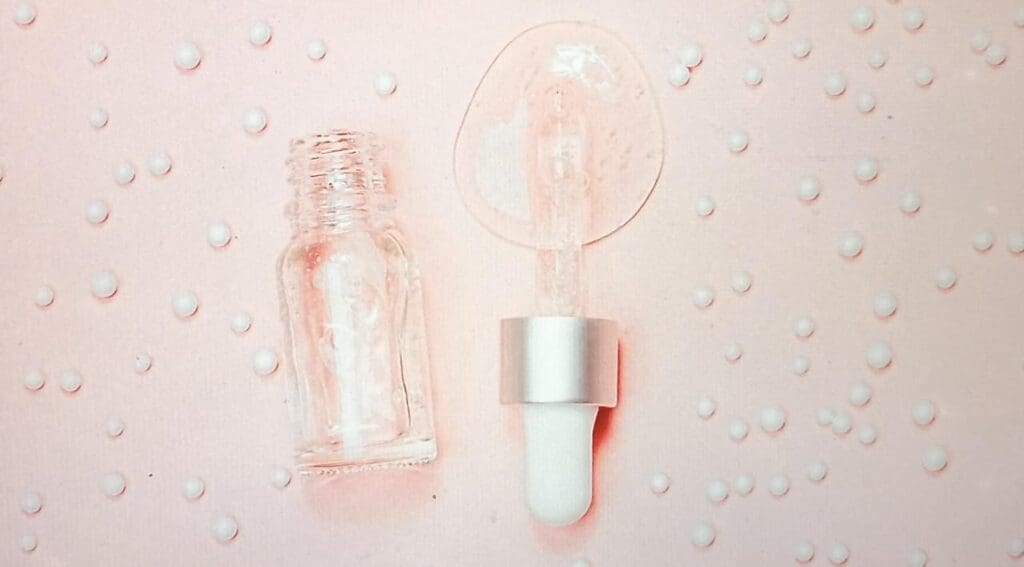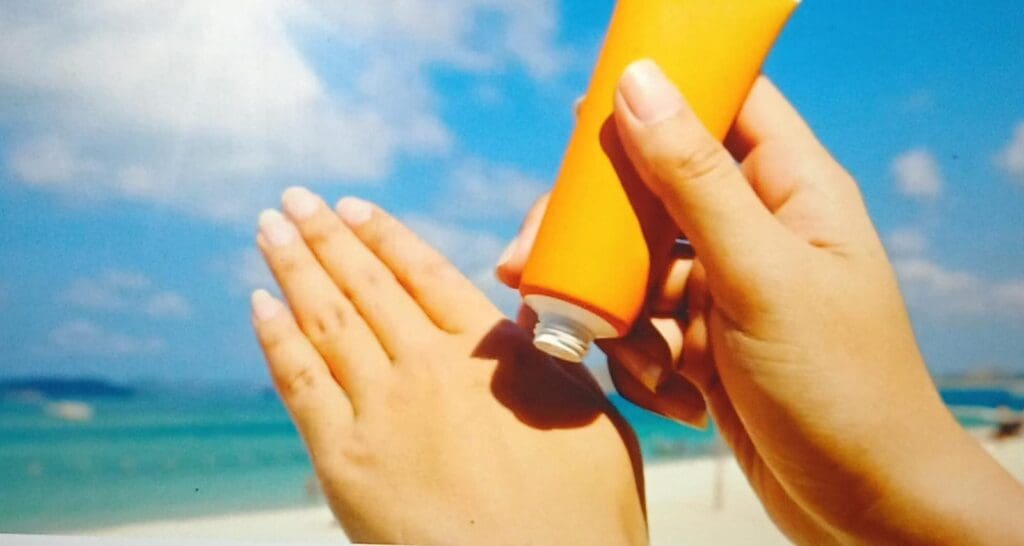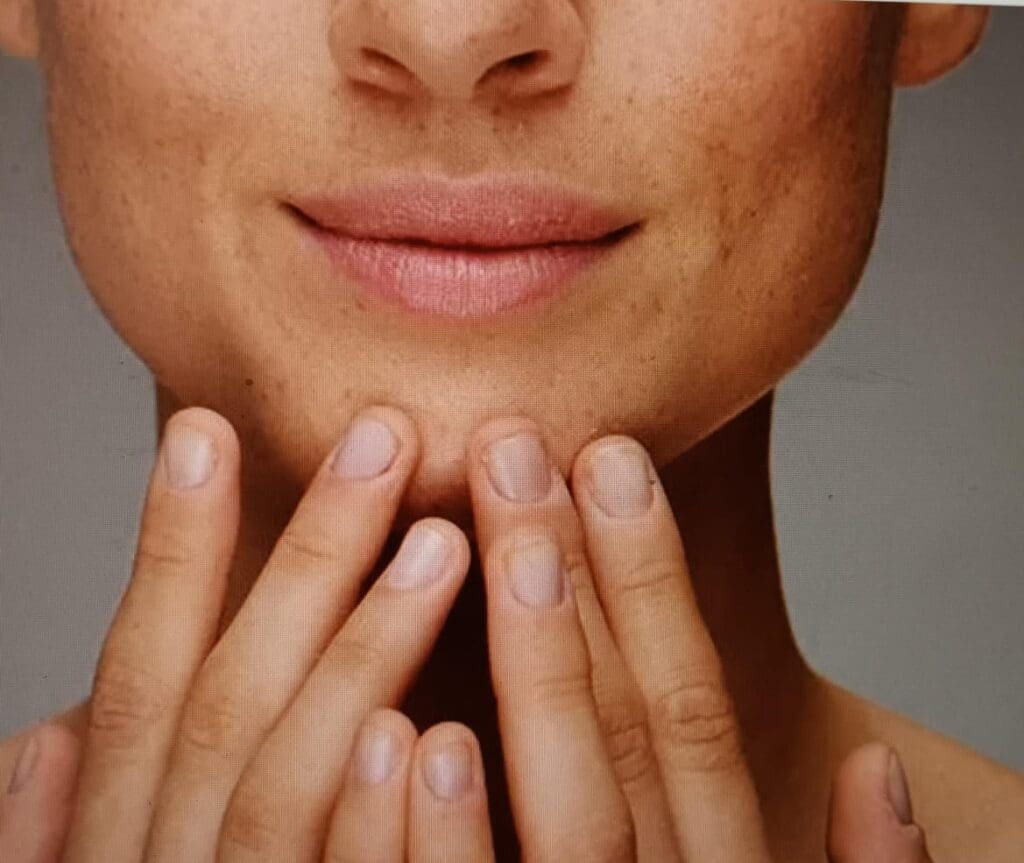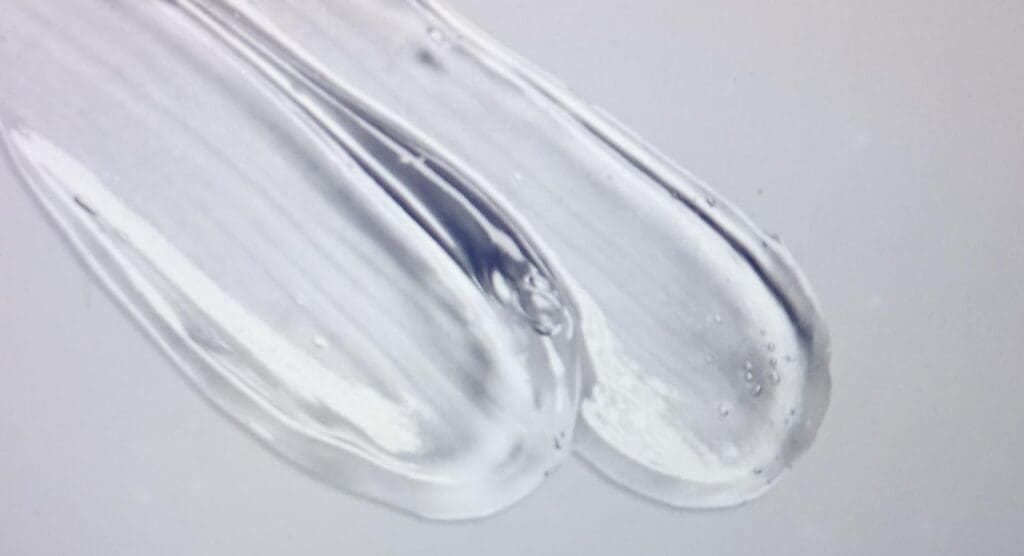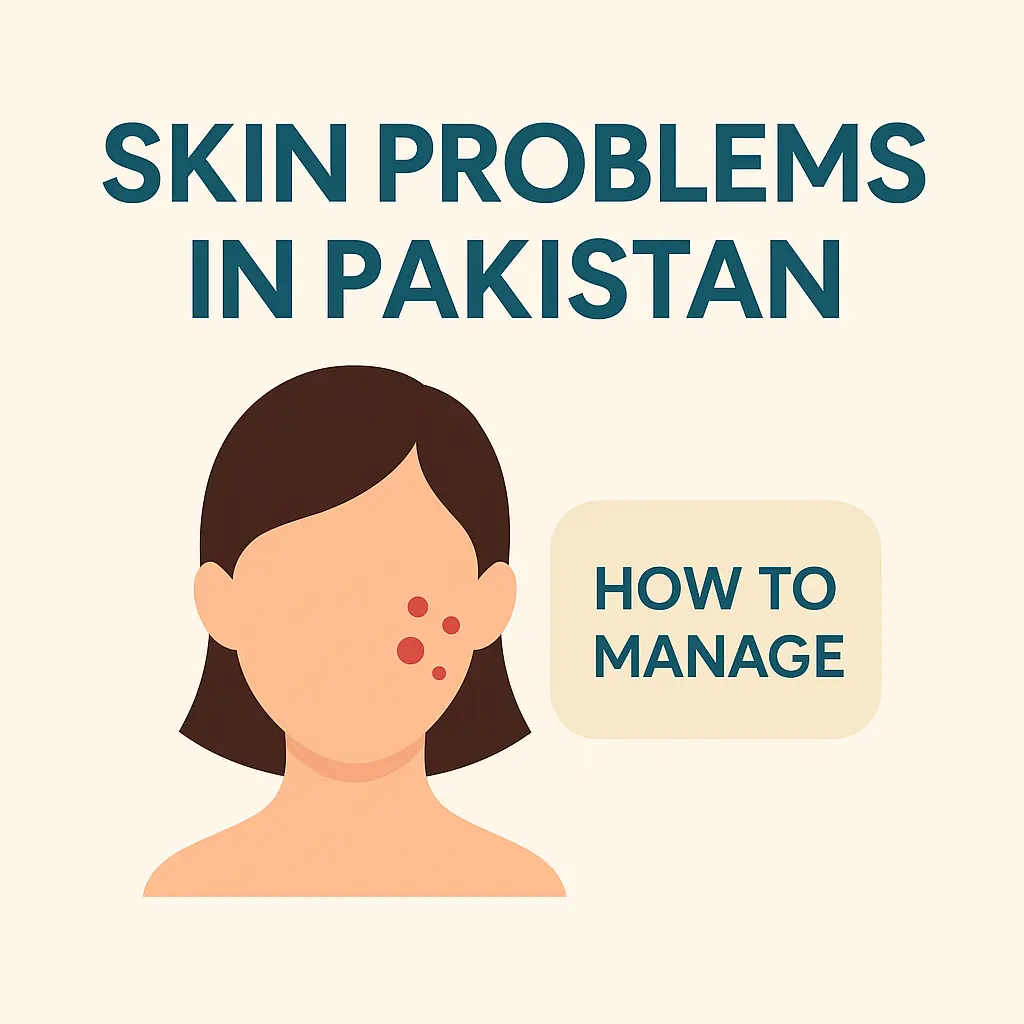
Living in Pakistan means dealing with unique weather conditions, high pollution levels in big cities, and strong sunlight almost all year round.
While these factors are part of daily life, they also play a major role in the skin problems many Pakistanis face.
From acne and pigmentation to fungal infections and sunburn, certain issues are especially common here compared to other regions.
The good news? Most of these skin concerns can be managed — and even prevented — with the right awareness and skincare habits.
In this guide, we’ll explore the most common skin issues in Pakistan and how you can take care of them.
Acne and Oily Skin
Acne is perhaps the number one skin concern in Pakistan, especially among teenagers and young adults. The hot climate in cities like Karachi, Multan, and Lahore often leads to excessive sweating and oil production. Add to this the effects of pollution, spicy diets, and stress, and breakouts become very common.
How to manage acne in Pakistan:
- Use a gentle, non-stripping face wash with salicylic acid.
- Avoid fairness creams and harsh soaps that irritate the skin.
- Wash your face twice a day, but don’t over-cleanse.
- See a dermatologist for prescription options if acne is severe.
Pigmentation and Melasma
Uneven skin tone, dark patches, and melasma are widespread among Pakistani men and women. The harsh summer sun and year-round UV exposure make pigmentation worse, especially for people who spend long hours outdoors.
Tips for managing pigmentation:
- Wear sunscreen SPF 50 daily, even indoors.
- Use ingredients like azelaic acid, niacinamide, and vitamin C for brightening.
- Avoid steroid-based creams that claim “instant fairness” — they damage the skin in the long run.
Sunburn and Tanning
The UV index in Pakistan is very high, particularly in Punjab and Sindh. Daily commuting, outdoor work, or even short walks in the sun can cause tanning, sunburn, and premature aging. Unfortunately, many people still don’t use sunscreen regularly.
Protection from the Pakistani sun:
- Apply sunscreen with SPF 50 and PA+++ rating before stepping outside.
- Reapply every 2 hours if staying outdoors.
- Use umbrellas, hats, or dupattas as physical protection.
- Aloe vera gel or soothing moisturizers can help calm sunburn.
Dry Skin and Eczema (Especially in Winter)
In winter, especially in Northern areas like Islamabad, Murree, and Gilgit, dry skin becomes a big problem. Cold winds and low humidity strip away natural oils, leaving skin itchy and flaky. People with eczema often see flare-ups during this season.
How to manage dry skin in Pakistan’s winter:
- Switch to a hydrating cleanser instead of harsh soaps.
- Apply rich moisturizers with ceramides or hyaluronic acid.
- Avoid very hot showers — they make dryness worse.
- Use a humidifier indoors if possible.
Damage from Fairness Creams and Steroids
Sadly, in Pakistan many people still use “fairness creams” that secretly contain steroids, mercury, or bleaching agents. These creams may give temporary lightening but cause long-term skin damage: thinning, acne, redness, and sensitivity.
Safer alternatives:
- Stop using steroid-based creams immediately.
- Shift to safe brightening options like niacinamide or vitamin C serums.
- Consult a dermatologist for proper treatment of side effects.
Other Common Skin Concerns in Pakistan
- Hair fall and dandruff → made worse by hard water and pollution.
- Heat rash (prickly heat) → common during summer in Punjab and Sindh.
- Dark circles → linked to stress, lack of sleep, and screen time.
General Prevention Tips for Healthy Skin in Pakistan
While different regions of Pakistan face slightly different problems, a few universal tips can make a big difference:
- Sunscreen is non-negotiable. The Pakistani sun is strong, and UV protection is key to avoiding pigmentation and early aging.
- Gentle skincare is better. Avoid fairness soaps, strong bleaching creams, and unnecessary scrubbing.
- Stay hydrated. Hot weather and spicy foods often dehydrate the body — drinking water helps skin stay balanced.
- Balanced diet. Cut down on fried and oily foods that worsen acne. Eat fresh fruits and vegetables.
- See a dermatologist early. Don’t wait until the condition becomes severe.
FAQs
- Why is acne so common in Pakistan?
The hot climate, oily diets, pollution, and stress all combine to make acne more common in Pakistan than in colder countries. - Which skin problem is most common in Pakistan?
Acne and pigmentation are the top two issues, followed closely by fungal infections in humid areas. - Are desi remedies like multani mitti or haldi safe?
Some home remedies can help mildly, but they are not long-term solutions. Always do a patch test and don’t rely on them for serious conditions.
Conclusion
Pakistan’s climate, pollution, and lifestyle factors mean that skin problems like acne, pigmentation, fungal infections, and sunburn are part of daily life for many people. But with simple preventive care — especially sunscreen, gentle cleansing, and avoiding harmful creams — these issues can be managed effectively.
Taking care of your skin doesn’t always require expensive treatments. What matters most is consistent care, safe products, and awareness of what your skin really needs in Pakistan’s environment.

Education: University of Peshawar
Ahmad Khan holds a Master’s degree in Chemistry and has been writing about skincare for over five years. With a deep understanding of ingredients and their impact on the skin, he enjoys sharing practical, science-based skincare advice. When not writing, he loves playing with his kids.
